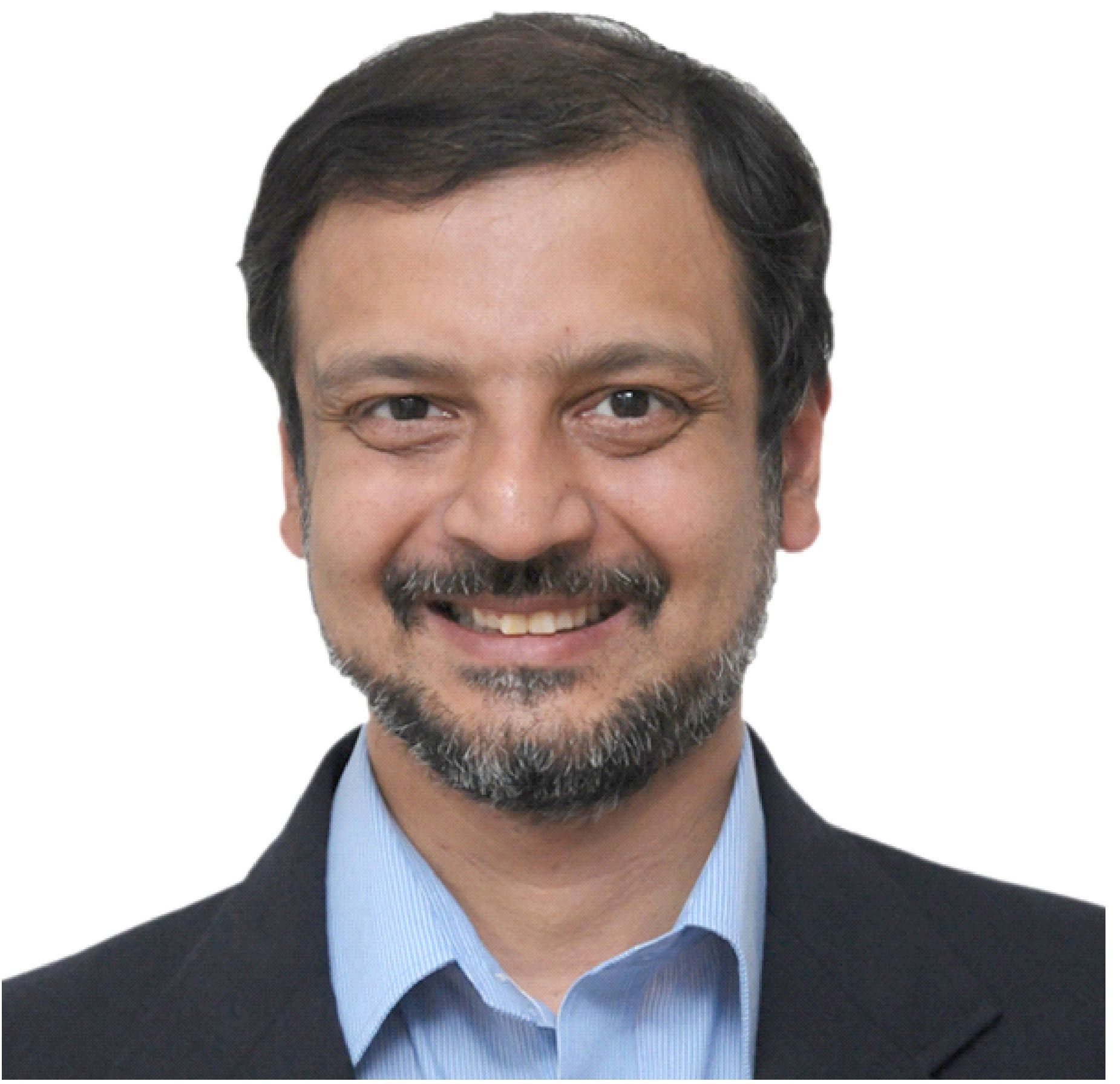Healthcare as an industry has seen major developments in the past decade. There has been a constant requirement of qualified doctors, medical practitioners, and public-private collaborations that will promote better quality healthcare services to the masses. Corporate Social Responsibility in India has the maximum contribution towards education followed by healthcare.
Although the contribution towards improving health infrastructure has seen support in the form of corporate social responsibility in India, there is a need to streamline and focus efforts in a particular direction to draw out maximum output. A specific plan to derive the objectives, reasoning, timeline, methodology and geographical roadmap, will be helpful in rationalizing efforts made in this direction.
According to a report by KPMG last year, the CSR spends stand at a total of about Rs 7,536 crore in the financial year that ended in March 2018. Only second to education, health CSR expenditure stood at Rs 1,691 crore. However, if you dig deep into the statistics you realize a different picture. If you compare 2017’s data, it turns out that in 2018 the spend was only 0.02% more from last year. This demands a planned approach to address issues related to the industry. The objective should be to reach out to the rural pockets of the country and build a robust infrastructure to deliver health services to the less privileged.
Equal access to healthcare has to be addressed by the private entities through a step by step approach. Through collaboration with public units, the outreach of the programs widens and there stands a chance to increase the number of beneficiaries. The disease burden has been on the rise and there is an urgent need to tackle and control the increasing burden. This cannot be achieved alone through healthcare providers that practice it as a business but through extended efforts from corporate social responsibility initiatives.
In terms of a healthcare service provider, identifying the geographies based on the organization’s offerings followed by the knowledge of the prevalence of a particular disease/s in that area can be helpful in determining the focus of efforts that the company plans to have. Post identification of these factors, specific tools need to be shortlisted to deliver the services. Tools form a significant part of the process of problem-solving and hence need to be picked based on the maximum output that could be relevant for the use case developed before.
Numerous tools can be designed to transfer the services to the underprivileged. These could range from health vans stationed at important spots like the market, main road, etc. to reach maximum audiences. In addition to this, regular health check-up camps in municipal schools to keep a check on the health of students can also be arranged. The most crucial aspect of these activities will be the deployment of qualified medical professionals to deal with medical requirements.
In order to have a far-reaching effect of corporate social responsibility in India on the communities in terms of healthcare delivery, a structured approach and a planned collaboration of healthcare service providers will go a long way in changing dynamics and bringing about a transformation in the health setting of poor and the deprived communities.
Equal access to healthcare has to be addressed by the private entities through a step by step approach. The attitude of understanding and contributing towards corporate social responsibility in India will work best when corporates do it by will and not just as a mandated responsibility. That is how problems can be solved at the macro level.
 Dr Huzaifa Khorakiwala heads the non-profit organisation, Wockhardt Foundation, which runs several programmes in health, education, water and sanitation across India. He is also the Executive Director of Wockhardt Limited. An MBA from the prestigious Yale University in the USA, he has won numerous awards and is associated with many social causes. He is also the Founder of “The World Peacekeepers Movement”, an online movement.
Dr Huzaifa Khorakiwala heads the non-profit organisation, Wockhardt Foundation, which runs several programmes in health, education, water and sanitation across India. He is also the Executive Director of Wockhardt Limited. An MBA from the prestigious Yale University in the USA, he has won numerous awards and is associated with many social causes. He is also the Founder of “The World Peacekeepers Movement”, an online movement.
Views of the author are personal and do not necessarily represent the website’s views.
Thank you for reading. Your thoughts and inputs will genuinely make a difference to us. Please drop a line and help us do better.
Regards,
The CSR Journal Team

